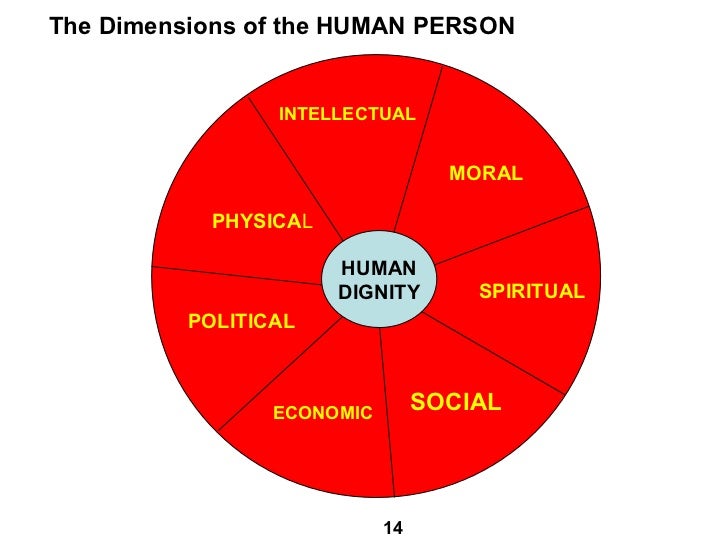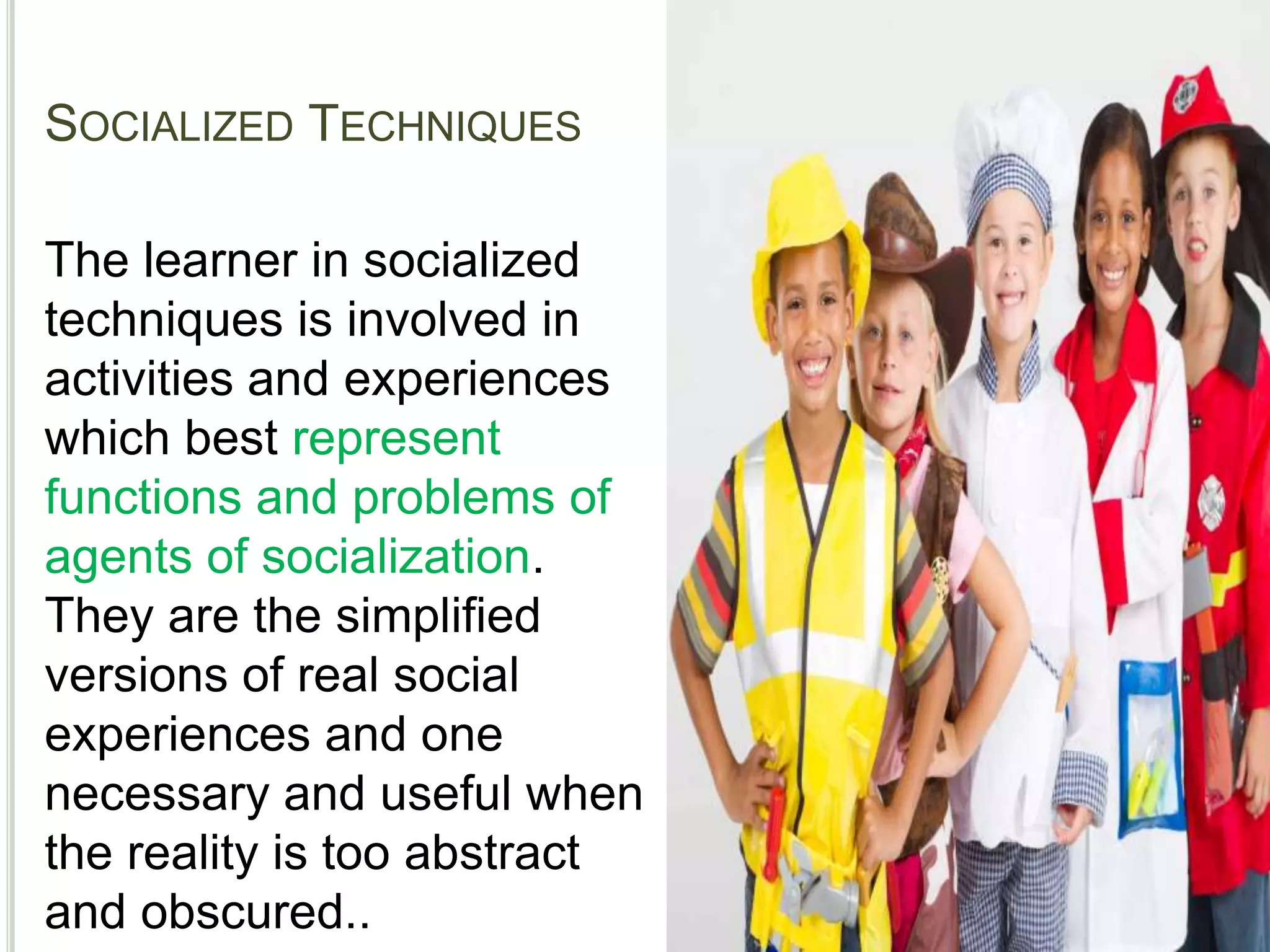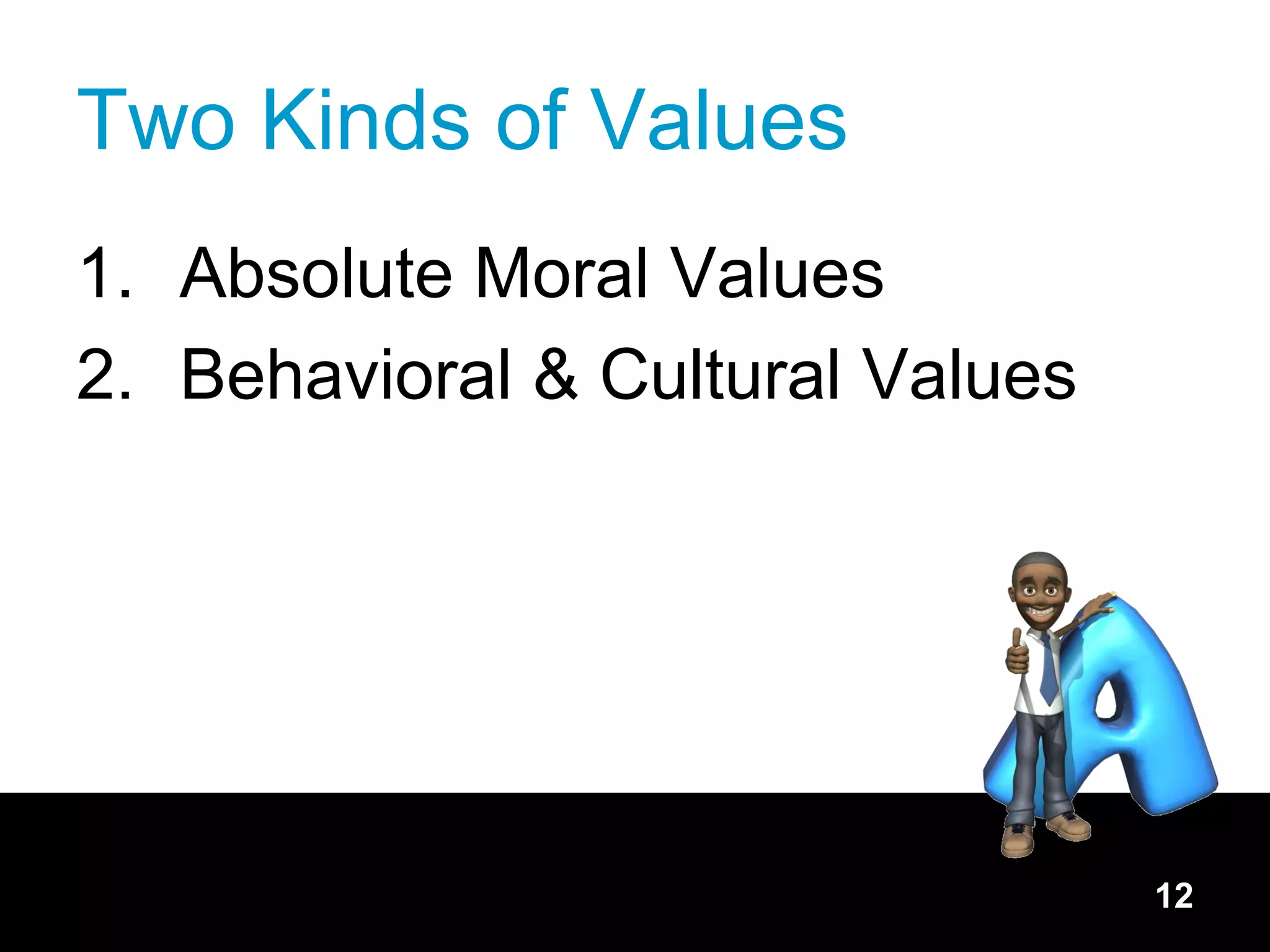How Education Shapes Values Individual & Societal
The Shaping Influence of Education on Values: How Education Shapes Individual And Societal Values

Source: slidesharecdn.com
How education shapes individual and societal values – Education plays a crucial role in shaping individual and societal values. It’s not just about imparting knowledge; it’s about transmitting beliefs, norms, and principles that guide behavior and shape societal structures. This article explores the multifaceted ways education influences values, from historical contexts to contemporary challenges.
Historical Influences on Values

Source: slidesharecdn.com
Education plays a huge role in shaping both individual and societal values. However, traditional educational models, like those examined in this critical analysis, often have limitations that can hinder their effectiveness. Critical analysis of traditional educational models and their limitations reveals how these limitations can affect the values instilled, potentially leading to less well-rounded individuals and societies.
Ultimately, understanding these flaws is crucial for developing more effective educational approaches that promote positive values.
Educational systems have evolved significantly across different eras and cultures, reflecting the prevailing societal values of the time. Ancient civilizations often integrated moral instruction directly into curriculum, while later periods saw a shift towards more formalized educational institutions. The Renaissance, for example, emphasized the importance of humanism and critical thinking, leading to a different approach to education than that of the Middle Ages. These shifts are evident in the values promoted within different educational systems throughout history.
- Ancient Greece emphasized the importance of reason and civic virtue, whereas the Middle Ages prioritized religious dogma and obedience. The Enlightenment brought a focus on individual rights and reason, influencing the development of modern educational systems.
- Comparing past educational systems to modern ones reveals a notable shift in emphasis. While past systems might have prioritized rote learning and adherence to tradition, modern systems often emphasize critical thinking, creativity, and problem-solving skills.
- Key figures like John Dewey and Jean Piaget profoundly impacted educational approaches. Dewey’s progressive education emphasized experiential learning and active participation, while Piaget’s theories focused on the stages of cognitive development. These movements significantly shaped societal values by promoting individual growth and intellectual development.
- Educational philosophies, such as progressivism and essentialism, have evolved over time, impacting the values promoted in education. Progressivism stresses individual needs and experiences, while essentialism emphasizes fundamental knowledge and skills.
| Educational Philosophy | Key Values | Impact on Society |
|---|---|---|
| Progressivism | Experiential learning, critical thinking, individuality | Emphasis on student-centered learning, adaptability |
| Essentialism | Basic skills, knowledge, tradition | Focus on core subjects, standardized testing |
Curriculum and Value Transmission, How education shapes individual and societal values
The curriculum itself acts as a powerful tool for transmitting societal values. Different subjects, from literature to history, contribute to shaping individual and societal values in various ways.
- Subjects like literature and history can instill values through stories and examples, demonstrating ethical dilemmas and societal norms. Literature, for instance, often explores themes of justice, compassion, and conflict, fostering empathy and critical thinking.
- Different approaches to teaching values, such as explicit instruction and implicit modeling, can be employed within the curriculum. Explicit instruction directly teaches values, while implicit modeling demonstrates values through teacher actions and classroom culture.
- Extracurricular activities, such as sports, clubs, and volunteering, can further reinforce and develop values like teamwork, leadership, and social responsibility. These activities often create opportunities for students to apply values in real-world contexts.
| Subject | Values Reflected | Examples |
|---|---|---|
| History | Patriotism, civic duty, social justice | Studying historical events, analyzing social movements |
| Literature | Empathy, compassion, critical thinking | Reading novels, analyzing character motivations |
Teaching Methods and Value Formation

Source: slidesharecdn.com
The methods employed by teachers play a crucial role in shaping the values of students.
- Inquiry-based and project-based learning encourage critical thinking and problem-solving skills, fostering values of independence and initiative. These methods empower students to explore ideas and develop solutions, which fosters a deeper understanding of complex issues.
- Teachers’ own values and beliefs significantly influence their teaching style and the values instilled in students. Teachers who model ethical behavior and encourage critical thinking are more likely to cultivate these values in their students.
- Technology can be effectively utilized to enhance value formation by providing access to diverse perspectives and promoting collaborative learning environments.
| Teaching Method | Values Fostered | Examples |
|---|---|---|
| Inquiry-based learning | Curiosity, critical thinking, problem-solving | Students researching and investigating topics of interest |
| Project-based learning | Collaboration, creativity, problem-solving | Students working together on projects with real-world applications |
Common Queries
What are some examples of how different subjects in the curriculum reflect and reinforce societal values?
History classes often highlight national heroes and historical events, reinforcing societal values related to patriotism and national identity. Similarly, civics lessons emphasize democratic principles and societal norms regarding civic engagement. Literature exposes students to diverse perspectives and values, promoting critical thinking and empathy.
Education plays a huge role in shaping the values of individuals and society. It’s crucial that learning experiences are tailored to individual needs, like importance of personalized learning experiences tailored to individual needs. By catering to diverse learning styles and paces, we can foster a more engaged and well-rounded citizenry, ultimately leading to a stronger society with shared values.
How do teachers’ values and beliefs influence the values instilled in students?
Teachers, whether consciously or unconsciously, transmit their values through their interactions, lesson design, and the examples they set. Their beliefs about discipline, learning, and social issues all contribute to the values students internalize. The way teachers handle classroom discussions and conflicts directly influences the values students learn and absorb.
How can assessment methods be improved to better reflect and reinforce positive values without bias?
Assessment methods should be carefully designed to avoid unintentional biases that might favor certain groups or values. Diverse assessment strategies, such as project-based learning and performance-based assessments, offer more comprehensive and nuanced measures of student understanding and can better evaluate values across different contexts.
Education fundamentally shapes individual and societal values, instilling principles and beliefs that guide behavior. The introduction of technology into modern education systems, like impact of technology on modern education systems , is profoundly changing how these values are learned and expressed. Ultimately, however, these evolving educational methods still aim to instill a sense of responsibility and ethical conduct within individuals, ultimately impacting society as a whole.
What is the role of technology in promoting value formation?
Technology offers opportunities for engaging students in discussions and activities that explore different perspectives and values. Online platforms can connect students with diverse voices and viewpoints, fostering critical thinking and understanding of global issues. However, it is essential to use technology ethically and responsibly to ensure value formation aligns with positive societal goals.